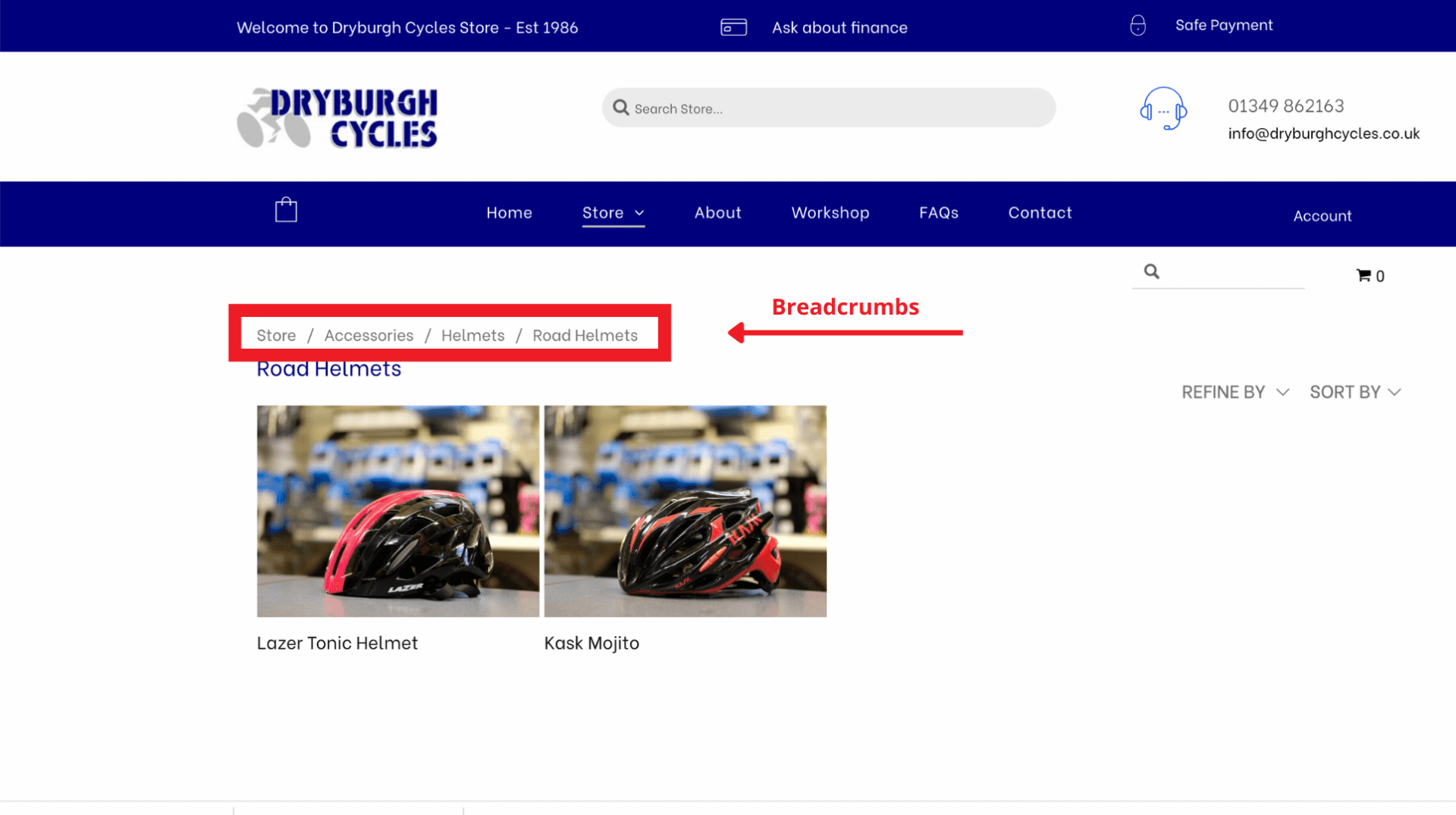Website Accessibility
Accessibility laws are changing, are you ready?
In our ever-evolving digital landscape, the significance of website accessibility is paramount.
With the introduction of new laws and regulations, grasping and adhering to them is not merely a legal obligation but also a moral duty. This blog post aims to walk you through the fundamentals of website accessibility, the current UK legislation, the new European Accessibility Act (EEA), and the vital reasons why embracing accessibility practices is essential for your business.

What is Website Accessibility?
Website accessibility involves the design of websites and digital content to ensure usability for everyone, particularly those with disabilities. This includes a diverse array of disabilities, such as visual, auditory, physical, speech, cognitive, language, learning, and neurological impairments. The goal is to provide all users with equal access to information and functionality available on the internet.
What are the current Accessibility laws in the UK?
Overview of the Equality Act (Previously the DDA Act)
The Equality Act 2010 stands as a vital piece of legislation in the UK that prohibits discrimination against individuals with disabilities. This Act mandates that service providers, including website operators, implement reasonable adjustments to prevent discrimination against disabled users. Consequently, it is essential for websites to be accessible and usable by individuals with diverse disabilities, which constitutes a legal obligation for businesses operating in the UK..
The Public Sector Bodies (Websites and Mobile Applications) Accessibility Regulations 2018
In accordance with the Equality Act, the Public Sector Bodies (Websites and Mobile Applications) Accessibility Regulations 2018 stipulate that all public sector websites and mobile applications must adhere to defined accessibility standards. This regulation mandates that new public sector websites achieve accessibility compliance by September 2019, while existing sites were required to do so by September 2020.
Essential Accessibility law updates you need to know
The European Accessibility Act (EEA)
The European Accessibility Act (EAA) represents a crucial advancement in promoting digital inclusivity throughout Europe. Scheduled to take effect on June 28, 2025, it mandates that a majority of digital products and services adhere to accessibility guidelines, specifically aligning with WCAG 2.1 level AA standards. This Act encompasses a wide array of digital content and underscores the importance of providing accessible online experiences for all users, particularly those with disabilities.
For businesses operating in Europe, it is vital to grasp the implications of the EAA and prepare accordingly, as it will bring about significant changes to the digital landscape. Even if your operations are outside of Europe, it's wise to consider the potential global ramifications of the EAA. These changes shouldn’t be brushed off as irrelevant; they could very well be embraced by other regions. Staying proactive is key. Keep in mind that achieving accessibility transcends merely checking a box; it's about nurturing inclusivity and ensuring your digital environments are navigable for everyone.

What are the risks for not complying with the law?
Failing to comply with accessibility laws can result in legal disputes, financial repercussions, and harm to your brand's reputation. Additionally, websites that are not accessible can lead to missed opportunities with potential customers and adversely affect the user experience for a large segment of the population. It's not solely about steering clear of fines; it's also about fostering inclusivity and expanding your audience.
What should your next steps be?
Navigating the intricate world of accessibility laws can be daunting, but it's crucial for your business. If you're uncertain about your website's accessibility, now is the time to take action. Reach out to us, and we’ll help you create an accessible website that complies with the current laws and regulations.
Choosing to prioritise website accessibility goes beyond mere legal compliance; it's about fostering an inclusive digital environment that invites everyone. By understanding and applying accessibility standards, your business can connect with a broader audience, improve user experience, and contribute to a more inclusive society. Don’t let your website serve as an obstacle—transform it into a gateway for inclusivity and compliance.
Resources
You can find out more on this subject, the law and why it's changing by using the button links.
We are always looking to improve what we write about and really welcome feedback about our subjects. If there is anything you would like us to cover, please let us know, we appreciate it, or simply just leave us some feedback.

NEED MARKETING SUPPORT OR HAVE A PROJECT IN MIND, WE'D LOVE TO DISCUSS IT WITH YOU!
GET IN TOUCH
CONTACT US
If there is anything we can help you with, whatever the reason, we would be glad to help.
Ask us anything!
ADDRESS
Profolk, Market Place, Stockport, SK1 1AR
EMAIL
hello@beonpurpose.co.uk
HAVE ANY QUESTIONS?
We will get back to you as soon as possible.
Please try again later.
QUICK LINKS
RESOURCES
OUR BLOG
© 2024 All Rights Reserved | Be On Purpose Design











